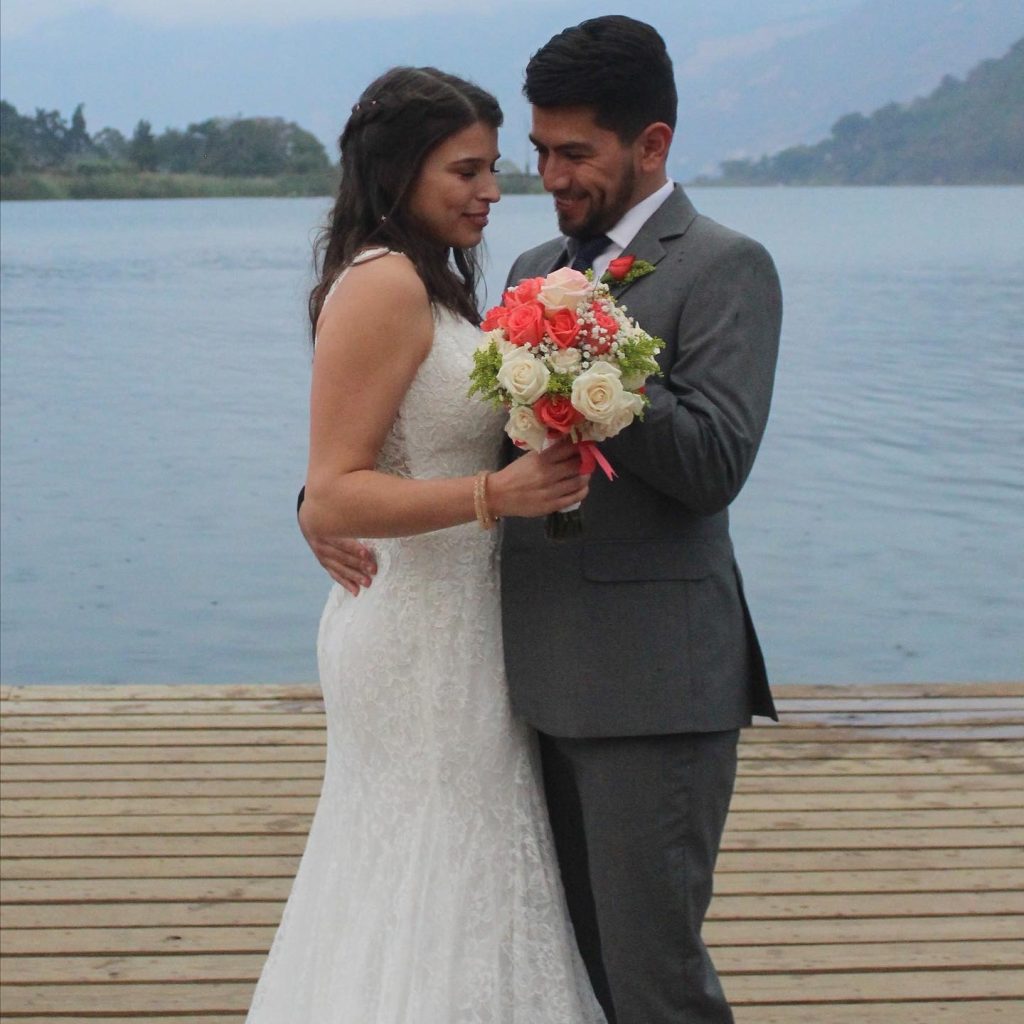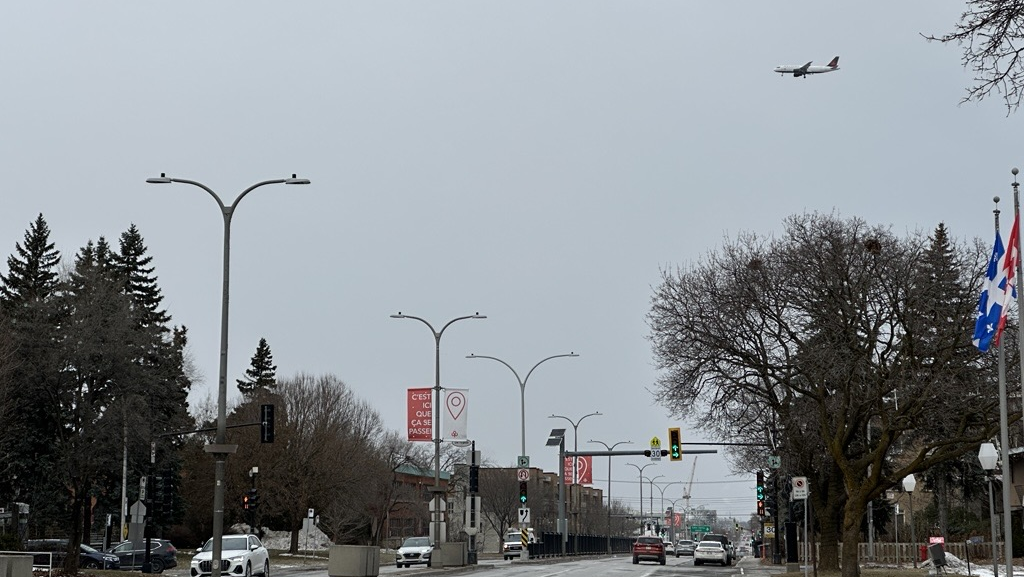‘Disaster’: Montrealer waiting to sponsor husband to come to Quebec slams province’s cuts to family reunification applications

Posted July 3, 2024 3:19 pm.
Last Updated July 3, 2024 6:47 pm.
Montrealer Laurianne Lachapelle has been waiting for two years to sponsor her Guatemalan husband to come to Quebec and says the province is acting in bad faith by slashing the number of family reunification applications it will accept.
“They need to reconsider it beccause for the next families to come in this process, it will be a huge disaster and they will need to wait maybe five to six years,” she said.
Last week, Quebec announced it will process a maximum of 13,000 applications over the next two years, after approving more than 16,500 in 2022 and more than 10,000 in the first six months of 2023 alone.
“I’m very worried about this decision because they weren’t thinking about the whole process,” Lachapelle said.
#WATCH: “They need to reconsider it," says Montrealer Laurianne Lachapelle, waiting to sponsor husband to come to Quebec as she slams Quebec's cuts to family reunification applications.
READ: https://t.co/Nh9Jv3WBUI pic.twitter.com/O2X7gjsACB
— CityNews Montreal (@CityNewsMTL) July 3, 2024
While Ottawa has final approval, applicants who want to bring spouses or other family members to Quebec need to get a selection certificate from the province.
“If you were coming to another province to bring your spouse to Alberta, B.C., you do not need a special authorization from the province for you to bring your spouse to settle there,” said Viviane Albuquerque, Canada and U.S. immigration lawyer.
“In Quebec, you do have to because of this agreement that [it] has with the federal government, which is very important. Because you need a special authorization from Quebec, [they] are able to put a limit on the number of those authorizations.”
Albuquerque said the cap on the authorizations has always existed and has been hidden by the delays in processing times with the federal government. “Now the cap is explicit,” she added.
“There is big consequences to this decision because families will be apart for more time because it will need to start again this application in June 2026 when they will open another time for the CSQ applications,” Lachapelle said. “So it means for future applications, it’s a disaster. For us, we are saved because we have a CSQ, but I am very shocked.”
Quebec Immigration Minister Christine Fréchette did not respond to our request for comment, but told The Canadian Press that instead of processing new applications, it would focus on files that have been there for months – or even years.
Applicants wait for an average of 34 months, compared to 10 months in the rest of Canada.
In a statement sent by e-mail, Immigration, Refugees and Citizenship Canada says “family reunification is a top priority for the Government of Canada.”
They reiterate that under the Canada–Quebec Accord, the province of Quebec establishes its own immigration levels, and has joint authority over the selection of family-class immigrants destined for the province.
“The number of admissions is limited to the number of spaces set by Quebec for the year. If there are more people who apply than available spaces, the processing time for Quebec may be longer than for the rest of the country.”
IRCC says that they have started to increase the processing of family class applications destined to Quebec to slow down the growth of inventories and processing times relating to family reunification in that province and are seeing a difference.
“As of May 31, for those applying overseas and destined to Quebec, IRCC has reduced processing times to 27 months, a considerable difference when compared to the 37 months as of December 31, 2023.”
Lachapelle’s husband Pablo Ramirez is among the 40,000 pending files.
“We start the process hoping that that the process will be fast, but we are still waiting to live together in Montreal,” he said.
“Why do we need to wait three to four times more than the rest of Canada when only Canada has the decision of selecting immigrants?” his wife asked. “Doesn’t make sense to us and we consider it very unfair.”
Lachapelle also works for Quebec Réunifié, a non-profit supporting those in family reunification situations like hers and her husband’s.
“Our lives together are more important than anything else, but we feel that the government is stealing from our lives,” she added.
The two are in for possibly another year of waiting, as Lachapelle continues to visit her husband in Guatemala.
“We are 40,000 families right now in this process, so that’s why we need to fight for this unfairness and against this treatment that both governments are doing to our families.”









